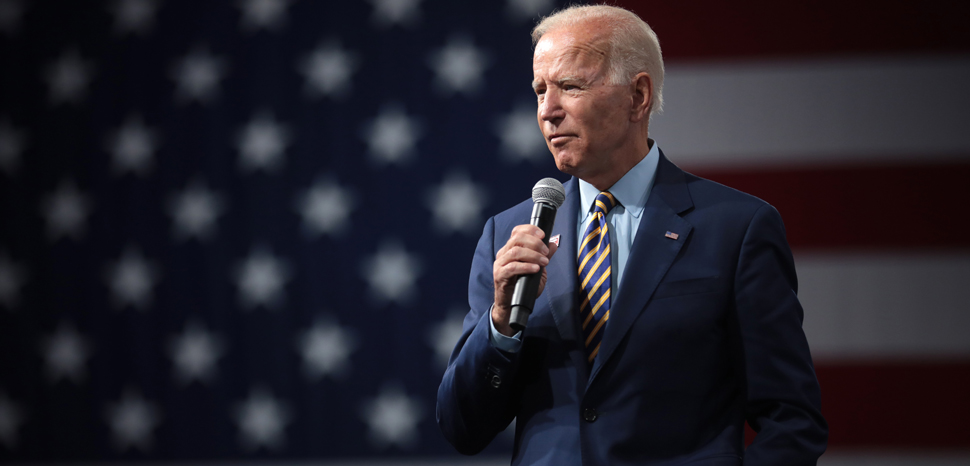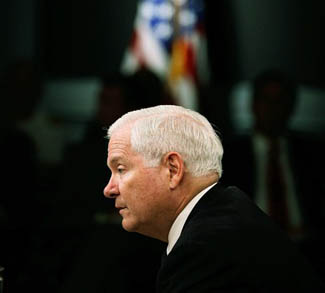The Capitol Siege was a sobering reminder of democracy’s fragility, damaging the United States’ already faltering standing as a global beacon of democracy. Nonetheless, the Biden administration is right to continue its plans to host the Summit for Democracy despite opposition from some policymakers and commentators. The summit can improve the resilience of US democratic institutions by forming a new bloc of democratic actors guided by the Democratic 10 (D10) group, developing multilateral strategies to tackle dark money and other authoritarian-sponsored forms of corruption, and demonstrating the Biden administration’s commitment to bolstering democracy abroad.
The summit must bring together an international bloc of democracies and civil society groups as a bulwark against the global decline of democracy and pluralism. This decline has been partially caused by authoritarian regimes increasing interference in democracies, as well as transnational repression worldwide. A bloc of democracies would correspondingly strengthen US national security and anti-corruption measures, as well as reaffirm the United States’ return to a consistent multilateral foreign policy based on democratic values.
Furthermore, the summit would be a good platform to encourage the formation of the D10 to replace the Group of Seven (G7) as a steering group for this bloc. The D10 would consist of the current G7 members along with South Korea, India, and Australia. Unlike the G20, which is a larger and more inclusive group without a shared set of values, the D10 can replace the outmoded G7 as a large multilateral group that affirms democratic principles. Given how the G7 is increasingly criticized for being too small, Biden should publicly support the D10 to further prove his administration’s commitment to promoting democracy globally.
While skeptics have argued the D10 is solely designed to exclude China and Russia from global governance, it is not necessarily supposed to be an anti-China and anti-Russia coalition. Promoters of the D10 have noted it could work with China and Russia on climate change, nuclear non-proliferation, and international development. In addition, the D10 group can address a variety of other issues, including the coordination of international sanctions and data governance standards.
After the Trump administration’s consistent rejection of multilateralism in the economic and security spheres, Biden has set his administration apart by stressing his support for multilateralism. This is both to reassert US integrity to its allies and complement domestic democratic reform, as well as to foster international anti-corruption measures that would reduce authoritarian-sponsored corruption in the United States itself. Now that the United States has experienced its own close call with authoritarian turmoil, the need for reform is even clearer, as it can no longer claim to be above democratic backsliding.
Importantly, authoritarian-sponsored corruption is increasingly agreed to be a serious security threat in democratic states. For example, authoritarian states like Russia have dark money networks supporting election interference throughout the United States and its allies. Coordinating anti-corruption strategies between the United States and its allies would create a more comprehensive sanctions regime, and further strengthen their own democratic institutions’ defenses too.
The United States can likewise support its democratic allies as it works to reform its own institutions after the Capitol Siege. Notably, the United States has just established a beneficial ownership registry to reduce anonymous (and potentially foreign) corporate ownership of domestic assets. As the United States lags behind other states in establishing this registry, the Biden administration should cooperate with allies in sharing registry information on potentially suspicious actors to address this oversight. The summit is a good place to foster agreement on how to share this information.
Although authoritarian states have publicly relished how the United States has lost its privileged standing, the Biden administration understands the threat of rising authoritarianism in other democracies even better now after experiencing it firsthand. Consequently, any reforms the Biden administration promotes at the Summit for Democracy are significantly more credible as it is working to prevent the same turmoil from happening again at the domestic level.
Nonetheless, issues remain on the summit’s bar of admission. A significant number of US state allies are not liberal democracies and may view a lack of invitation to the summit as a diplomatic snub. Conversely, if there are too few members, the summit will have too small of an impact. Biden has also been urged to extend invitations to opposition parties, some of which may be under threat from repressive regimes. Such invitations would likely complicate diplomacy with such governments in the future. Even the proposed D10 group may face issues with India’s inclusion as its protections for civil liberties have precipitously declined since 2014. Therefore, the success of the Summit for Democracy will hinge on what democratic reforms Biden can formulate before it is held and what the summit’s admission criteria will be.
In any case, the Capitol Siege should not dissuade Biden from hosting the Summit for Democracy. In fact, the Biden administration would stand to benefit considering how the United States’ relatability has improved following the Capitol Siege. Thus, the Summit for Democracy would be a strong opportunity to make use of this change.
The views expressed in this article are those of the authors alone and do not necessarily reflect those of Geopoliticalmonitor.com




